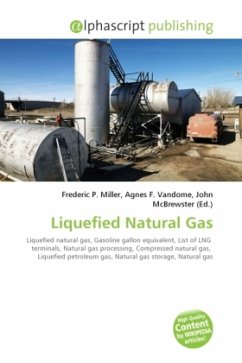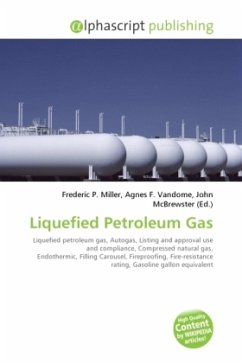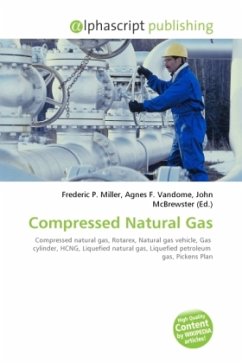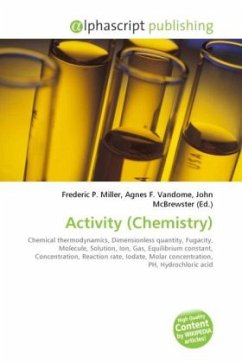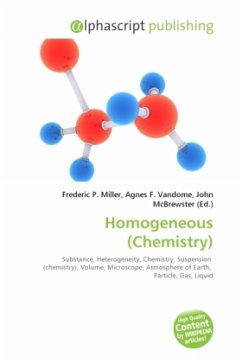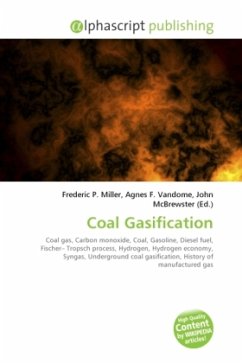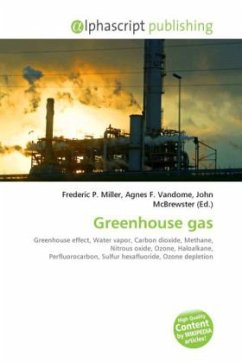Liquefied natural gas or LNG is natural gas (predominantly methane, CH4) that has been converted temporarily to liquid form for ease of storage or transport.Liquefied natural gas takes up about 1/600th the volume of natural gas in the gaseous state. It is odorless, colorless, non-toxic and non- corrosive. Hazards include flammability, freezing and asphyxia.A typical LNG process. The gas is first extracted and transported to a processing plant where it is purified by removing any condensates such as water, oil, mud, as well as other gases like CO2 and H2S and some times solids as mercury. The gas is then cooled down in stages until it is liquefied. LNG is finally stored in storage tanks and can be loaded and shipped.The liquefication process involves removal of certain components, such as dust, acid gases, helium, water, and heavy hydrocarbons, which could cause difficulty downstream.
Bitte wählen Sie Ihr Anliegen aus.
Rechnungen
Retourenschein anfordern
Bestellstatus
Storno

